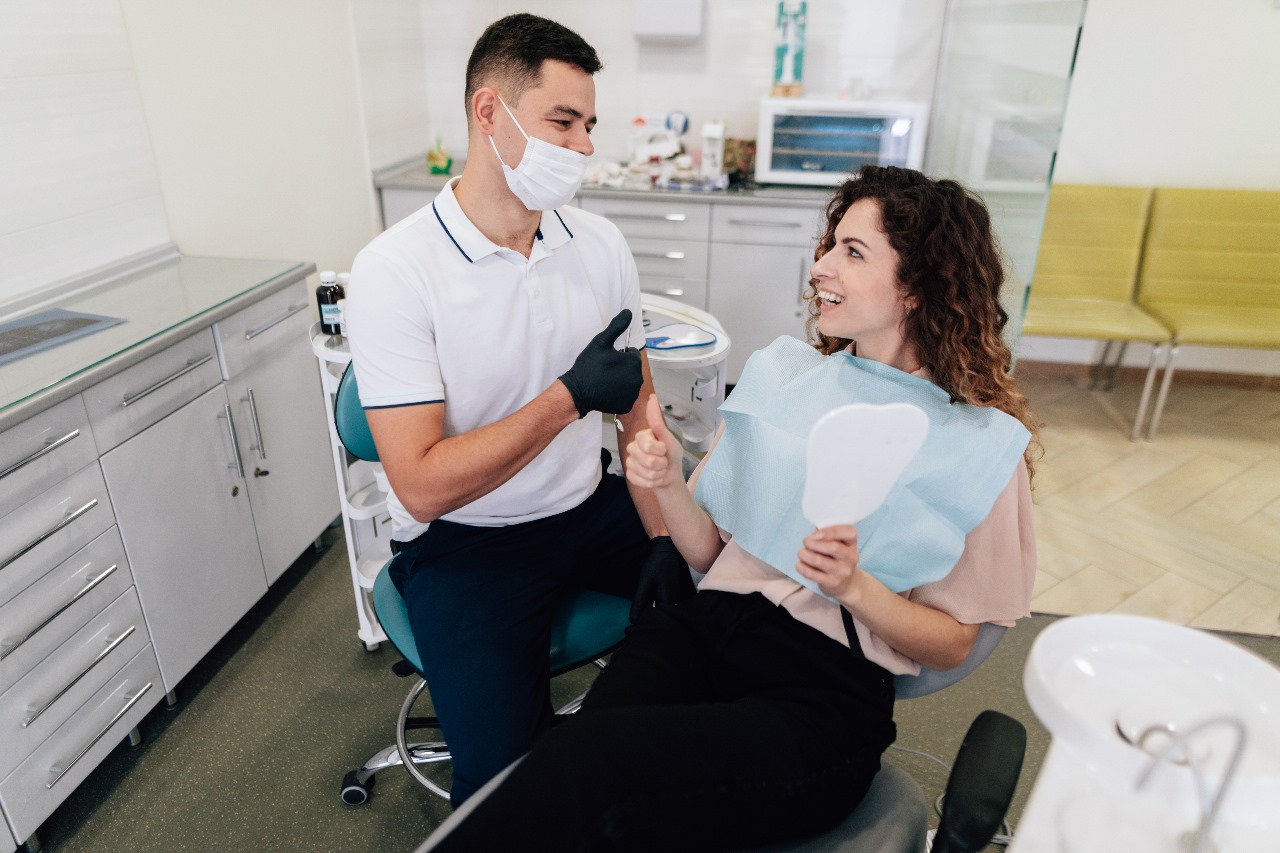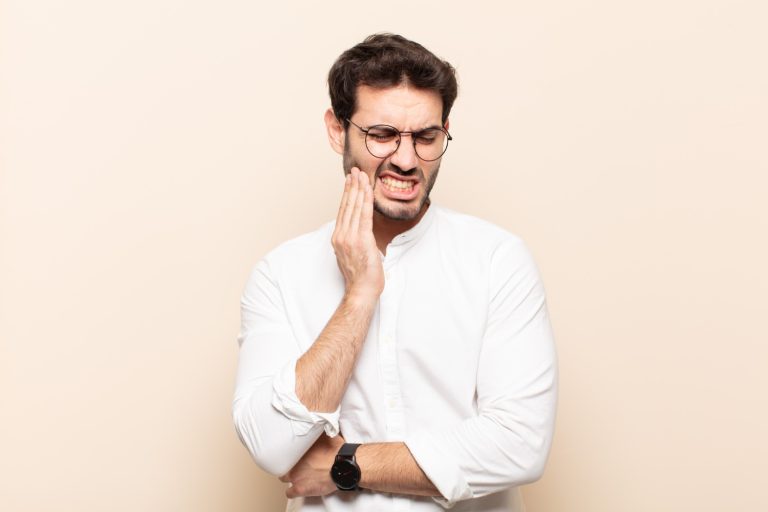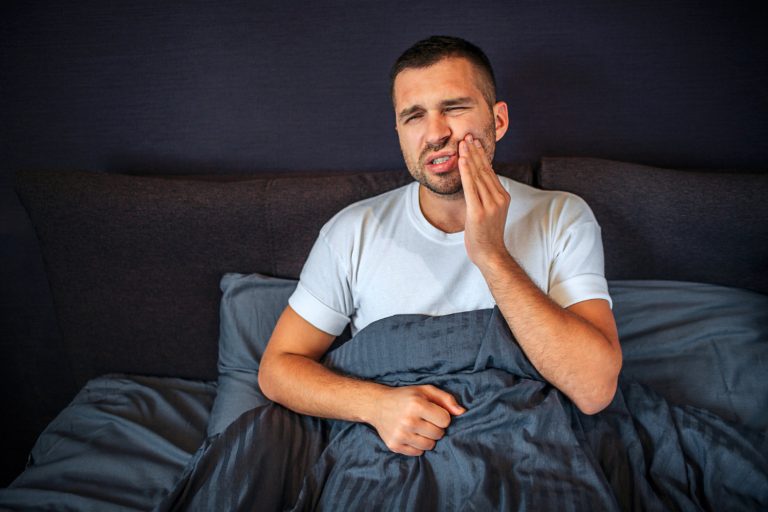A radiant, healthy smile is more than just a confidence booster—it’s a vital sign of good overall health. Proper oral care plays a significant role in keeping teeth strong and gums healthy, reducing the risk of oral diseases, and ensuring long-term wellbeing. Whether you’re new to Marsden Park or a long-time resident, these expert-backed oral care tips will set you on the right track for maintaining a picture-perfect smile.
What Are the Most Effective Oral Care Practices?
To achieve optimal oral health, follow these expert recommendations:
- Brush Twice Daily: Use fluoride toothpaste to clean your teeth for at least two minutes, covering all surfaces.
- Floss Daily: Flossing removes food particles and plaque from between the teeth where brushes can’t reach.
- Rinse with Mouthwash: An antimicrobial mouthwash helps eliminate bacteria and freshen your breath.
- Schedule Regular Dental Check-ups: Professional dental cleanings every six months prevent plaque buildup and catch potential issues early.
- Stay Hydrated: Drinking water stimulates saliva production, which is essential for washing away food particles.
- Avoid Tobacco: Smoking or chewing tobacco increases the risk of gum disease and oral cancer.
What Should You Include in Your Daily Oral Care Routine?
Consistency is key to a healthy smile. Use the checklist below to structure your daily routine:
Oral Care Routine Checklist
| Step | Description | Frequency |
|---|---|---|
| Brushing | Brush for 2 minutes with fluoride toothpaste | Twice daily |
| Flossing | Remove debris between teeth | Once daily |
| Mouthwash Use | Antibacterial rinse for extra protection | Once daily or as needed |
| Dental Check-ups | Professional cleaning and exam | Every 6 months |
What Foods Promote Oral Health?
Your diet has a profound impact on your oral health. Incorporate teeth-friendly foods and avoid harmful ones:
- Eat More:
- Dairy products like cheese and yogurt (rich in calcium).
- Crunchy vegetables like carrots and celery.
- Leafy greens and nuts.
- Limit:
- Sugary drinks and lollies that promote decay.
- Sticky or acidic foods that erode enamel.
How Can You Prevent Common Dental Issues?
Preventing dental problems starts with awareness and proactive care. Here’s how you can stay ahead:
Common Dental Issues and Prevention
| Dental Issue | Cause | Prevention Tip |
|---|---|---|
| Tooth Decay | Sugary/acidic foods | Brush, floss, use fluoride |
| Gum Disease | Poor hygiene, smoking | Regular cleaning, professional check-ups |
| Bad Breath | Bacteria, dry mouth | Floss, hydrate, use mouthwash |
| Tooth Sensitivity | Enamel erosion | Use sensitive toothpaste, avoid acids |
By adhering to these tips, you can significantly reduce your chances of facing these common problems.
What Role Does Professional Dental Care Play in Oral Health?
Regular visits to your Emergency Dentist are non-negotiable for maintaining healthy teeth and gums. Dentists not only clean plaque that brushing and flossing may miss but also detect early signs of oral health problems. Here are some key benefits:
- Early Detection of Dental Issues: Conditions like cavities, gum disease, and oral cancer can be treated more effectively when identified early.
- Customised Care: Your Dentist Marsden Park can recommend personalised care routines based on your unique oral health needs.
- Comprehensive Cleaning: Dental hygienists use specialised tools to remove stubborn tartar and polish teeth for a smoother surface.
What Are the Best Oral Hygiene Products to Use?
Investing in quality oral care products makes a significant difference in your routine. Look for:
- Toothpaste: Choose one with fluoride to strengthen enamel.
- Toothbrush: Opt for a soft-bristled toothbrush to avoid damaging gums.
- Floss: Waxed floss is easier to use and effective in tight spaces.
- Mouthwash: Choose an antimicrobial formula approved by dental associations.
- Mouthguards: For athletes, custom-fitted mouthguards provide optimal protection.
Are Children’s Oral Care Needs Different?
Children require special attention to their oral hygiene due to their developing teeth. Here’s how you can help them:
- Start Early: Clean babies’ gums with a damp cloth before teeth erupt.
- Supervise Brushing: Teach children proper brushing techniques.
- Use Age-Appropriate Products: Select toothbrushes and toothpaste specifically designed for kids.
- Visit the Dentist Early: Schedule a dental visit by their first birthday or when their first tooth appears.
Why Choose M&M Dental in Marsden Park for Your Oral Care?
At M&M Dental, we are committed to helping Marsden Park residents achieve and maintain healthy smiles. Our state-of-the-art facility and experienced team of dental professionals offer personalised care tailored to your needs. From routine check-ups to advanced treatments, we prioritise your comfort and health every step of the way. Experience the difference with our friendly team, cutting-edge technology, and comprehensive services. Book your appointment today and take the first step towards a healthier smile.
Read More: Why Do Marsden Park Residents Need Regular Dental Check-Ups?
References
- Australian Dental Association. (n.d.). Oral Health Resources.
- Healthdirect Australia. (n.d.). Dental Health Advice.
- Better Health Channel. (n.d.). Dental Care for All Ages.
FAQs About Oral Care for Healthy Smiles
1. How often should I visit the dentist?
It’s recommended to visit your dentist every six months for a professional check-up and cleaning.
2. What type of toothbrush should I use?
A soft-bristled toothbrush is ideal as it cleans effectively without harming your gums or enamel.
3. Is flossing really necessary if I brush well?
Yes, flossing removes debris and plaque from areas your toothbrush cannot reach, reducing the risk of gum disease.
4. Can diet affect my oral health?
Absolutely. A balanced diet rich in calcium and low in sugar helps strengthen teeth and prevent decay.
5. What’s the best way to care for children’s teeth?
Start cleaning their gums early, use age-appropriate toothbrushes, and schedule a dental visit by their first birthday.
6. Are electric toothbrushes better than manual ones?
Electric toothbrushes can be more effective at removing plaque, especially for those with limited dexterity or braces.





